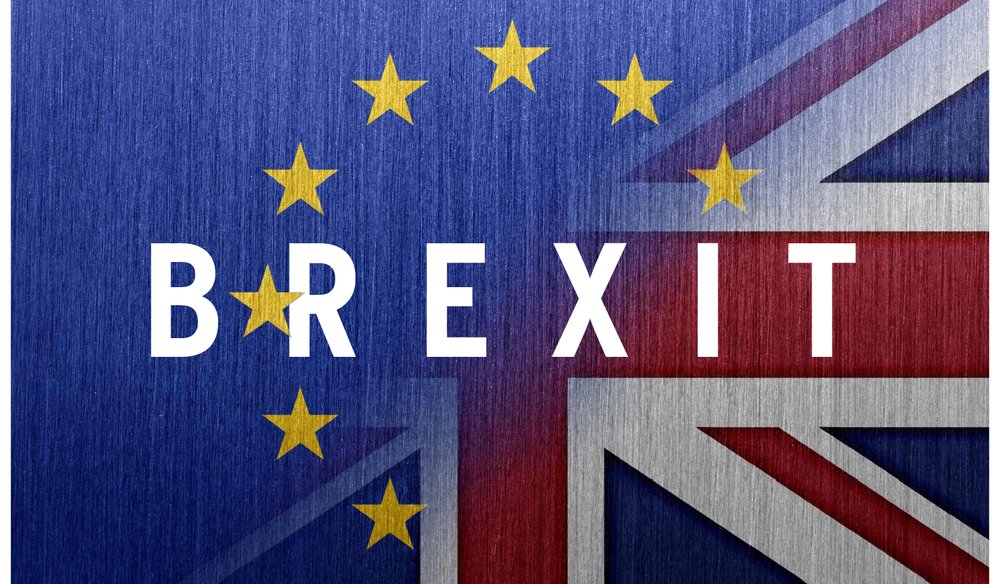Endless controversy in the UK

TEHRAN - Challenges in the UK over how the country moves from the EU. Meanwhile, Jeremy Corbin, the leader of the British Labor Party, has made a bigger role in facing Teresa, the British prime minister.
On the other hand, the fate of Britain's departure from the European Union for the citizens of England is still ambiguous. Where will the negotiations really go with the departure of Britain from the European Union? No one still knows the answer to this question....
As Guardian reported, Jeremy Corbyn could use a key Brexit speech on Monday to pave the way for Labour to inflict a Commons defeat on the government, by backing a rebel Tory amendment seeking to keep Britain in “a customs union”.
With Theresa May expected to unveil her vision for departure from the EU next week, following eight hours of talks with key ministers at the prime minister’s Chequers country retreat, she now faces the prospect of Labour sabotaging the carefully choreographed process.
In what will be a closely watched speech, Corbyn is expected to signal that Labour is prepared to back the UK staying in a customs union with the EU.
The party has said for some months that customs union membership is a “viable” outcome but a series of interventions from shadow cabinet members in recent days, including Emily Thornberry and John McDonnell on Thursday, have suggested Labour is edging towards making it the preferred result.
Drafts of the speech have been circulating, with some shadow cabinet members insisting it would mark a significant departure. But other senior Labour figures suggested Corbyn would merely “flesh out and deepen” the party’s existing stance; and some shadow ministers are concerned about alienating pro-leave Labour voters.
McDonnell, the shadow chancellor, said on Thursday Labour’s position was “evolving”.
Tory rebel Anna Soubry responded to the apparent shift in Labour’s position by tabling a fresh version of an amendment to the government’s trade bill, calling on the government to remain in “a customs union”. She said a large number of Tory MPs had already contacted her to offer their support.
The bill is not expected to return to parliament until after Easter, and Labour has not yet made a firm decision on which amendments it could back.
But if Corbyn whipped his MPs to support it, Conservative MPs could inflict a highly damaging defeat on May that would amount to a direct challenge to the prime minister.
Corbyn’s speech on Monday will come as May prepares to ask her full cabinet to sign off on the outcome of Thursday’s all-day meeting of her 11-strong Brexit strategy and negotiation sub-committee, known as her ‘war cabinet’, at Chequers.
The conclusions of the talks will be put to the full cabinet on Tuesday morning and, once agreed, outlined by May later in the week, in a speech being billed by No 10 as a major step in outlining the government’s final Brexit strategy.
Eight hours of talks at the 16th-century mansion in Buckinghamshire, broken up by a dinner of sweetcorn soup and beef rib with parsnip mash, saw May and members of her senior team lead discussions on elements of the Brexit strategy, a Downing Street source said.
May led on “the overall future economic partnership the UK wishes to reach with the EU”, they said, with Michael Gove, the environment secretary, helming the talk on agrifoods. Business secretary Greg Clark spoke on the auto industry and international trade secretary Liam Fox spoke on digital trade.
One senior Brexiter claimed that “divergence was the victor” in the Chequers talks, with the prime minister making a decisive intervention – though it will be unclear what that could mean in practice until she delivers her speech.
The degree to which the UK will be able to vary its laws and regulations from those of the EU after Brexit has been a key sticking point.
"Brexit" is still a hot topic in the political equations of London and the European Union. Many experts and analysts of European affairs believe that the Brexit talks do not go well, and there is no willingness on the part of the two sides to carry out the results of the 2016 referendum in England. Meanwhile, British authorities emphasize the need to leave the EU on the one hand, and on the other hand, they send messages to the EU leaders about remaining as part of this Union.
This dual approach has led to the confusion of British citizens, and this is precisely what "Theresa May", as the Prime Minister of this country has in her mind!May knows well that keeping the English citizen in an ambiguous situation helps her make any decisions about staying or leaving the European Union. In this regard, there is a significant difference between the speeches and the actions of the English authorities!
